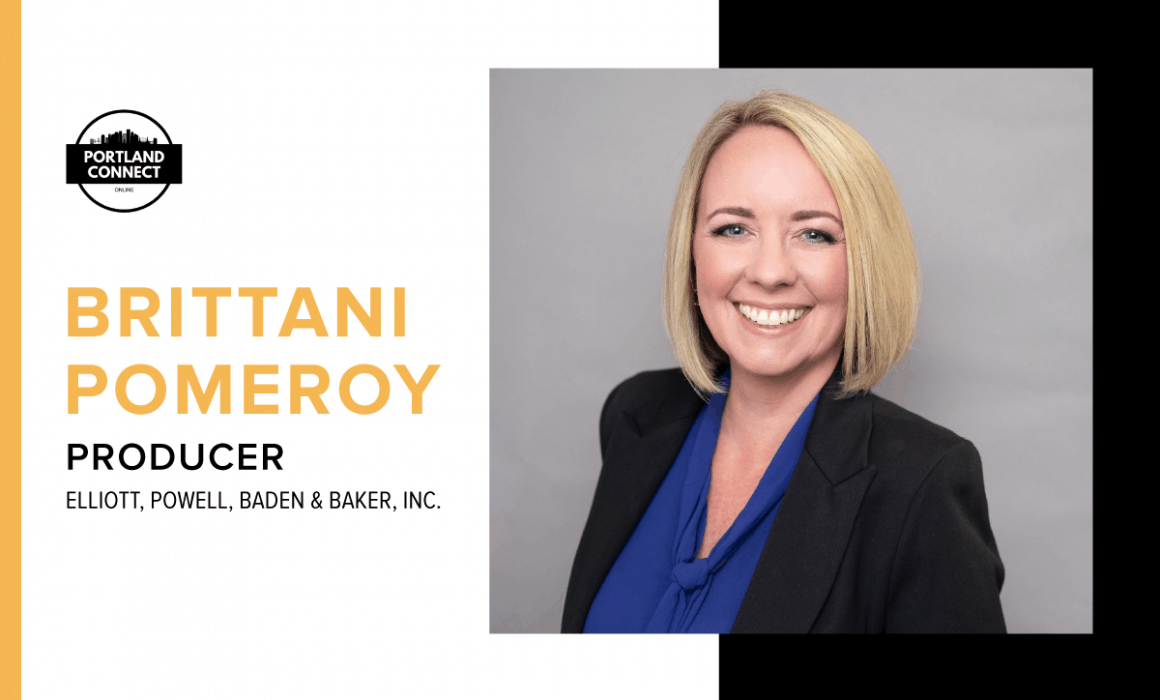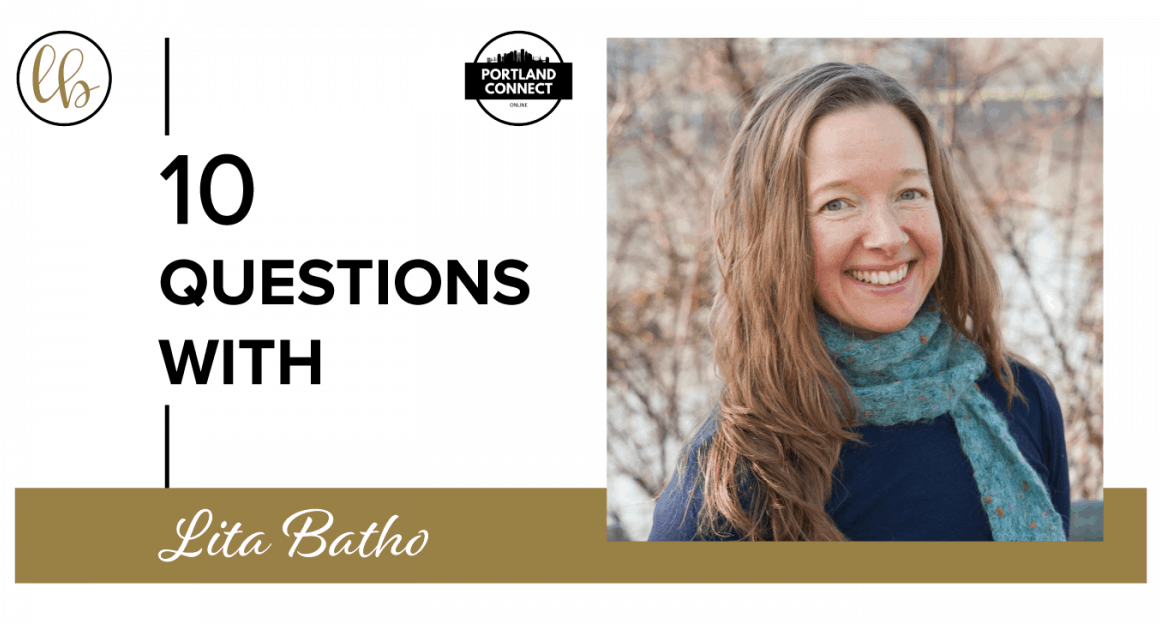NAWBO Oregon Past President Chosen for Exclusive Accelerated Growth Training
NAWBO Oregon past president and Sacred Fire Creative founder Malee Ojua joins a select group of 25 women business owners undergoing the NAWBO Accelerated Growth Program, a 10-month business leadership training created by NAWBO and sponsored by Wells-Fargo.
Portland, OR, March 2021—Sacred Fire Creative (SFC) announced the National Association of Women Business Owners (NAWBO) selected SFC CEO Malee Ojua as part of its new learning program. Open to only 25 participants, the NAWBO Accelerated Growth Program helps women business owners scale up their enterprises.
The NAWBO Accelerated Growth Program aims to increase its participants’ market competitiveness.
The NAWBO Accelerated Growth Program is an offering of the organization’s Institute for Entrepreneurial Development. The program, launched in 2021, is a top-tier educational plan designed to help women business owners increase their competitiveness in their respective markets. It’s also meant to set them up for higher levels of growth and expansion. Wells-Fargo sponsors the program.
Participants are to attend eight one-hour online learning sessions for four months. Topics covered in these sessions include developing a leadership mindset, building successful teams, strategic planning, and brand messaging. After completing the program, they will take part in mentorship/mastermind groups for six months. They will also receive other benefits that will help them grow their business.
According to NAWBO, women own 40% of all privately held companies in the country today. Still, the size of their revenues remains significantly below other types of businesses. Educating women business owners enables them to progress to the same or greater levels.
NAWBO is a network of women business owners in the US formed in 1975. Its purpose is to share resources and to provide mutual support among its members. It also lobbies economic and public policies benefiting women entrepreneurs.
Sacred Fire Creative is named one of the top digital marketing agencies in Portland.
SFC is a Portland-based digital marketing agency specializing in helping its clients build a legacy through solid branding. With a unique and robust brand, SFC clients can forge deep connections with its customers, thus creating a loyal community. Among the companies that SFC has worked with are ArisGlobal Software, RiverWest Acupuncture, Johnson & Johnson, and NYU Langone Medical Center. Expertise.com named SFC one of the top digital marketing agencies in the city.
Aside from her role as SFC head, Malee Ojua is also involved with NAWBO’s Oregon chapter. She is the chapter’s current program director and served as its president in 2020. Additionally, she hosts bimonthly virtual forums on Diversity, Equity, Inclusion, and Belonging (DEIB). Ojua participated in the Goldman Sachs 10KSB program in 2019. A former aeronautics engineer, she founded SFC in 2014.








